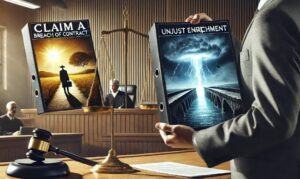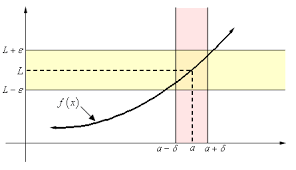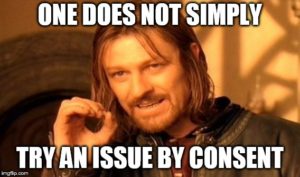 In Herrera v. Mata, the Texas Supreme Court addressed alternative pleading, particularly in the context of a party’s conditional acceptance of the opposing side’s position, to make a claim based on that position.
In Herrera v. Mata, the Texas Supreme Court addressed alternative pleading, particularly in the context of a party’s conditional acceptance of the opposing side’s position, to make a claim based on that position.
Specifically, homeowners argued that certain disputed charges were taxes that should be removed from the tax rolls under the Tax Code’s twenty-year limitations period. They also presented alternative claims under the Water Code, acknowledging the irrigation district’s authority to levy assessments.
The Court emphasized that recognizing the district’s position in the Water Code claim did not mean conceding its validity: “[The homeowners’ recognition of the District’s position is not a concession that the position has merit; it is plain from the pleadings that the homeowners disagree with the District’s characterization.” And the Court noted generally that this result aligns with Texas Rule of Civil Procedure 48, which allows alternative pleadings. No. 23-0457 (Tex. Dec. 6, 2024).





















